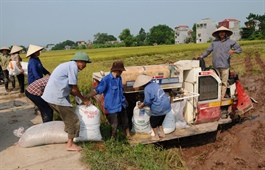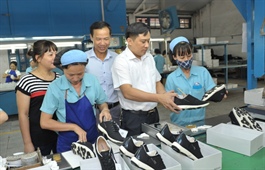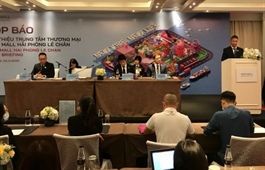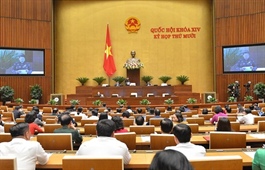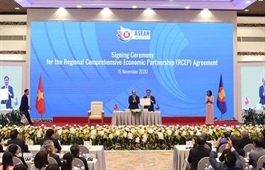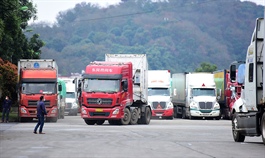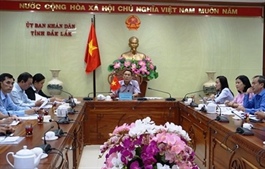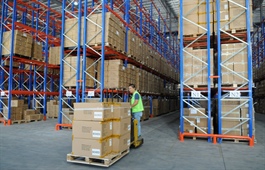Vietnam, UK accelerate trade pact negotiations
Vietnam, UK accelerate trade pact negotiations
Vietnam and the United Kingdom (UK) are speeding up negotiations on a new-generation free trade agreement, which is expected to be completed at the end of this year.
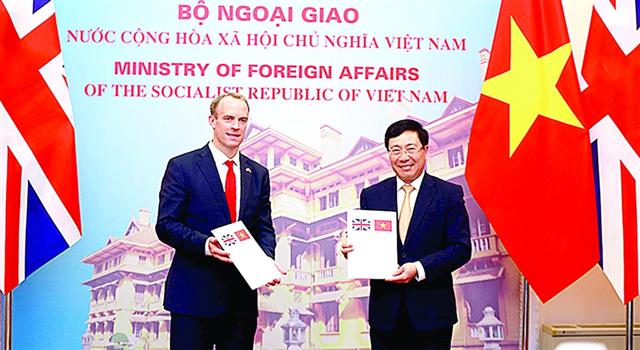
Vietnamese Deputy Prime Minister Pham Binh Minh (left) and British Secretary of State for Foreign, Commonwealth and Development Affairs and First Secretary of State Dominic Raab
|
Cooperation development potential
Vietnam-UK cooperation has been growing since the two countries signed a Strategic Partnership Agreement in 2010, with bilateral trade increasing 3.5 times to reach US$6.61 billion in 2019.
As of August 2020, the UK invested US$3.6 billion in 400 projects in Vietnam, ranking 16th among 137 countries and territories investing in the Southeast Asian nation.
As one of the world’s economic, political, cultural and scientific hubs, the UK remains Vietnam’s priority economic partner, said Deputy Minister of Industry and Trade Hoang Quoc Vuong at an October 6 conference on opportunities for UK and Vietnamese businesses. As the British and Vietnamese markets are highly complementary, strong trade relations between the two countries would ensure a win-win scenario for all parties involved, Vuong said. The UK continues to be a potential market for Vietnam’s key export staples, including agricultural products, footwear, textile, phones and wood, among others, while Vietnam could serve as a gateway for British companies to ASEAN (the Association of Southeast Asian Nations) markets, Vuong added.
Currently, however, Vietnam’s exports to the UK account for less than one percent of this market’s annual US$700-billion import value.
Chair and CEO of KPMG in Vietnam and Cambodia, Warrick Cleine, said Vietnam has unique potential and advantages related to its investment environment. Vietnam has controlled the Covid-19 pandemic, creating conditions to attract British investors. This is an important period for the two countries to strengthen cooperation and market approach, he said.
“The UK is highly interested in energy cooperation, as UK businesses are experienced in and strong at renewable energy, especially offshore wind power development. Vietnam is planning to shift gradually from fossil energy to renewable energy, especially wind and solar power, in which bilateral cooperation opportunities are found,” the Vietnamese Deputy Minister of Industry and Trade said.
Vietnam-UK FTA
Since the UK withdrew from the EU (Brexit) earlier this year, some European products no longer benefit from preferences there, making way for Vietnamese products, including tennis shoes and apparel, fruits and vegetables. The UK imports about 80 percent of vegetables and fruits it needs from Spain and the Netherlands.
Vietnamese exporters to the UK currently benefit from the Generalized System of Preferences and the EU-Vietnam Free Trade Agreement (EVFTA), but the EVFTA terms will no longer apply as of January 1, 2021, when the Brexit transition period ends. Post-Brexit incentives depend on the outcome of the UK-Vietnam negotiations.
The Vietnamese and UK governments are seeking to complete a trade agreement with low or zero import duties on almost all goods. Luong Hoang Thai, Director of the Ministry of Industry and Trade’s Multilateral Trade Policy Department, said the deal will be based on the terms of the EVFTA and is expected to be signed later this year and take effect in early 2021.
A bilateral FTA would provide Vietnamese goods with a competitive edge over those from China, India, Thailand, Malaysia, Indonesia, the Philippines, and Myanmar, which are less likely to sign a deal with the UK in the immediate future. Moreover, not many UK goods compete directly with equivalents made in Vietnam.




